
The Inter-Ministerial Board setup by Department of Industrial Policy and Promotion validates Start-ups for granting tax related benefits, eligible startups may avail tax exemptions for three consecutive assessment years. These exemptions include income tax for profits, provided the turnover remains below a specified threshold and compliance with regulatory criteria is maintained.
Government e-Marketplace (GeM) is an online procurement platform for government ministries and departments, and the most widely used channel for public procurement. Small medium enterprises, startups accepted with DPIIT and other private companies are eligible to register on GeM portal as sellers and sell the listed products and services directly to the government department.


The Government of India envisioned *Zero Defect & Zero Effect (ZED)* initiative to enhance MSME competitiveness, make them sustainable and transform them as National and International Champions. MSME Sustainable (ZED) Certification is an extensive drive to create awareness amongst MSMEs about Zero Defect Zero Effect (ZED) practices. MSMEs can reduce wastage substantially, increase productivity, enhance environmental consciousness, save energy, optimally use natural resources, expand their markets, etc. The ZED Certification aims at enhancing the competitiveness of an MSME through assessment, handholding, managerial and technological intervention etc.
ISO certification is a seal of approval from a third party body that a company runs to one of the international standards developed and published by the International Organization for Standardization (ISO).
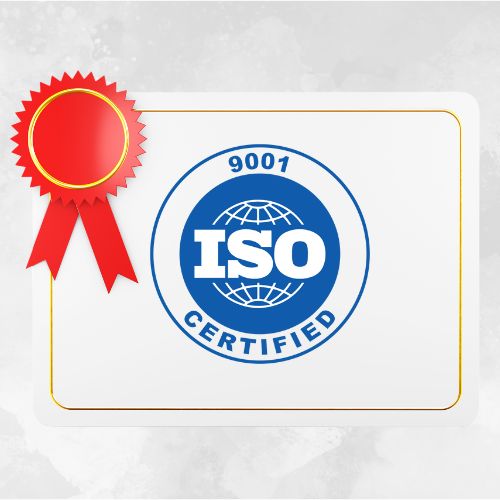
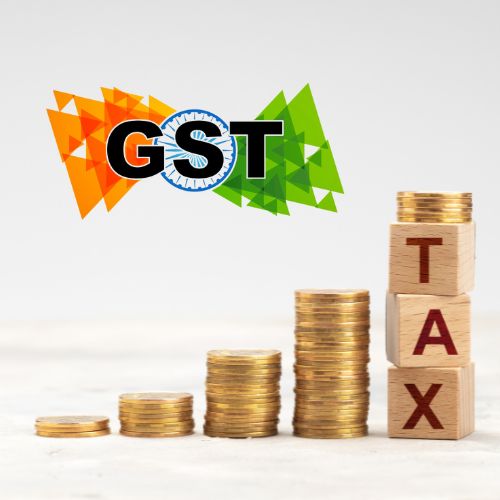
The GST certificate is proof of registration under the GST system and is mandatory for businesses to obtain before they can start trading and collecting taxes. It is also used to track the taxes paid by companies.
The FSSAI certificate is issued by the Food Safety and Standards Authority of India (FSSAI), ensuring compliance with food safety regulations. It verifies that food products meet quality and safety standards, fostering consumer confidence and promoting public health. FSSAI certification is mandatory for food businesses operating in India, enhancing credibility and trustworthiness.
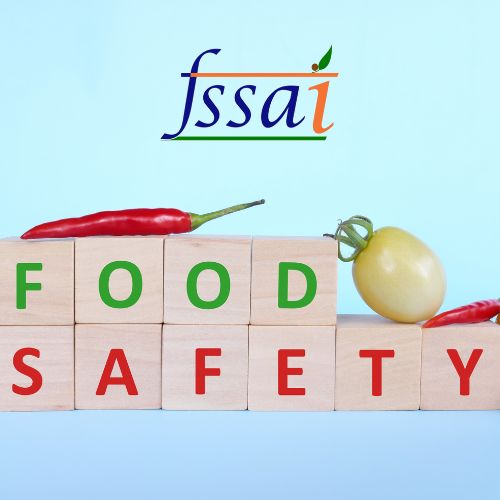
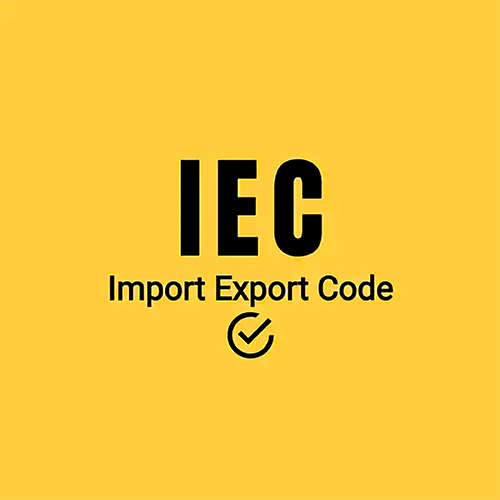
The Import Export Code (IEC) certificate is issued by the Directorate General of Foreign Trade (DGFT) in India. It enables businesses to engage in import and export activities. Mandatory for international trade transactions, the IEC facilitates customs clearance and regulatory compliance, promoting seamless exchange of goods and services across borders.
CE Certification or Marking is only required for products that meet EU criteria and are marked with the CE symbol. The initials CE on commercial products indicate that the maker or importer certifies that the product complies with European wellbeing, protection, and ecological protection regulations.

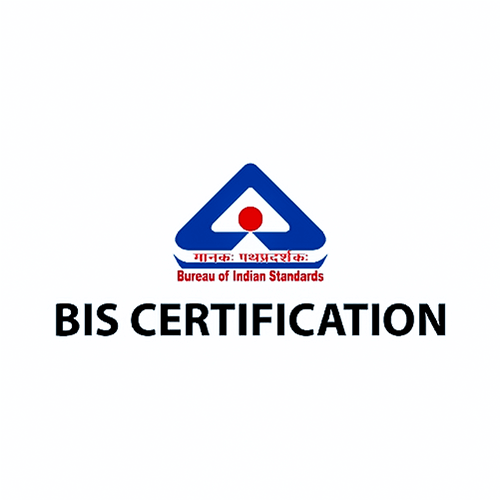
The BIS certificate, issued by the Bureau of Indian Standards, verifies compliance with specified quality and safety standards for products in India. It enhances consumer confidence, facilitates market access, and ensures product credibility. BIS certification signifies adherence to regulatory norms, fostering trust and competitiveness in the marketplace.
The Gumasta certificate, also known as the Shops and Establishments Registration, It validates the legal operation of commercial establishments and regulates working conditions. Obtained from the local municipal corporation, it ensures compliance with labor laws and facilitates smooth business operations.
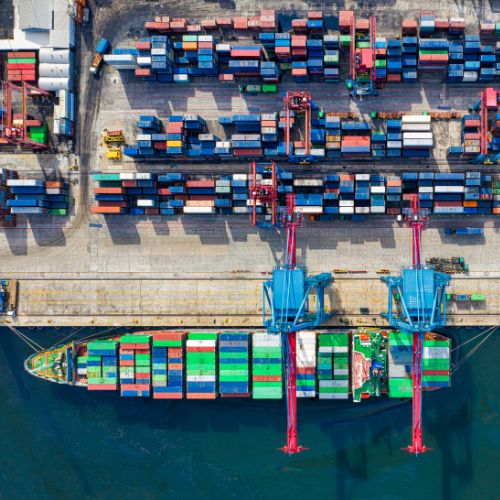
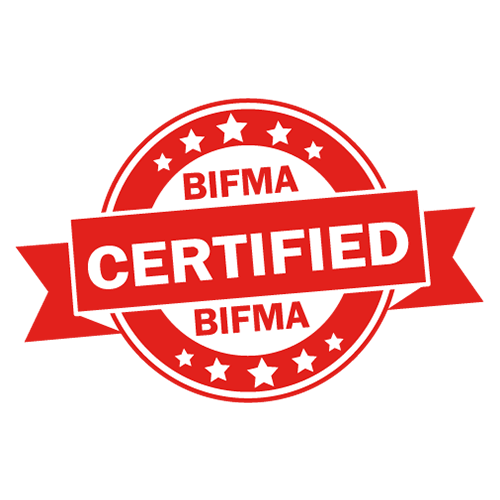
BIFMA Certification addresses many things like Safety, Sustainability and social responsibility, Durability and strength, Recyclability and recycled content, Chemical content and emissions, Reliability, Overall quality, Flammability, and electrical components, Material, and energy efficiency, environmentally conscious.
NSIC certification is granted to micro, small, and medium enterprises (MSMEs) in India. Administered by the National Small Industries Corporation, it validates business credentials, facilitating procurement opportunities and financial assistance. NSIC certification enhances MSMEs' credibility, promotes market access, and fosters growth within the Indian business ecosystem.
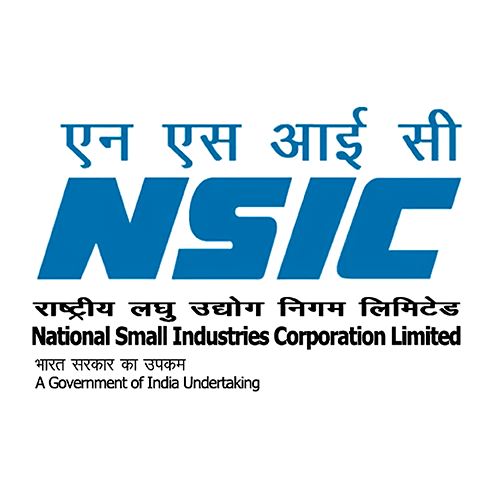
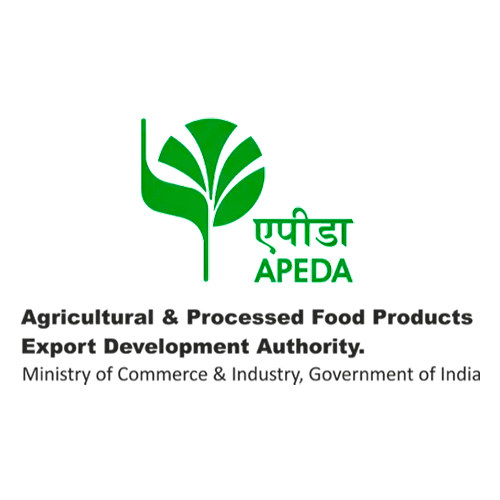
The APEDA certificate is issued by the Agricultural and Processed Food Products Export Development Authority in India. It verifies compliance with quality and safety standards for agricultural and processed food products. APEDA certification ensures product authenticity, facilitating export opportunities and promoting Indian agricultural products in the global market.
Organic certification verifies that agricultural products comply with organic farming standards, ensuring they are grown without synthetic fertilizers, pesticides, or GMOs. Issued by authorized certifying bodies, it assures consumers of product authenticity and environmental sustainability, promoting health-conscious choices and supporting sustainable agriculture practices.


"Halal certification confirms that products and services adhere to Islamic dietary laws and regulations. It assures consumers that items are produced, processed, or served in accordance with Islamic principles. Halal certification enhances marketability, instills consumer confidence, and facilitates access to Muslim markets globally.
FEMA (Foreign Exchange Management Act) certification ensures compliance with regulations governing foreign exchange transactions in India. It verifies adherence to guidelines set by the Reserve Bank of India, promoting transparency and legality in cross-border financial dealings. FEMA certification facilitates smooth international trade and investment activities for businesses.
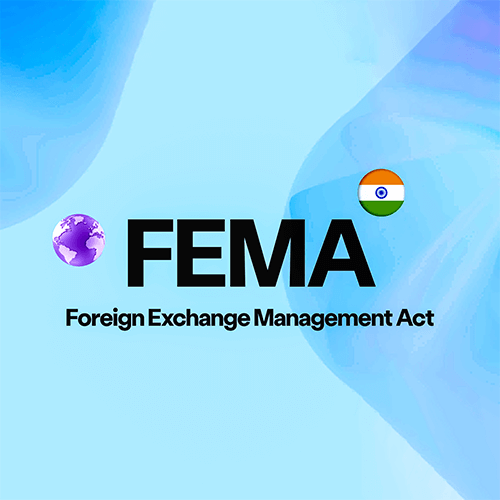
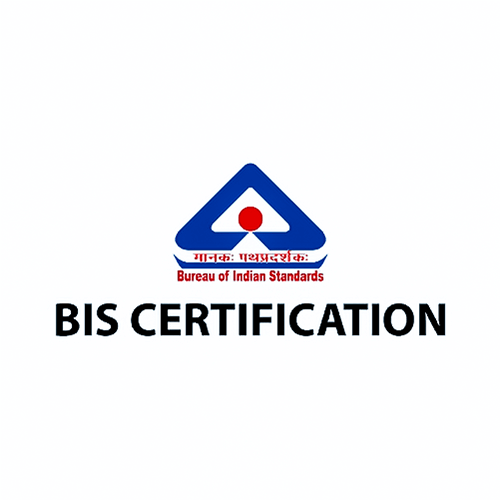
BIS certification for toys ensures compliance with safety and quality standards set by the Bureau of Indian Standards. It verifies that toys meet specified criteria for materials, construction, and labeling. BIS certification instills confidence in consumers, ensuring safe play for children and promoting quality in the toy industry.
RoHS stands for Restriction of Hazardous Substances, which is also known as the Directive 2002/95/EC. It includes the restrictions for the use of certain hazardous substances in electrical and electronic equipment. RoHS is a WEEE (Waste of Electrical and Electronic Equipment).

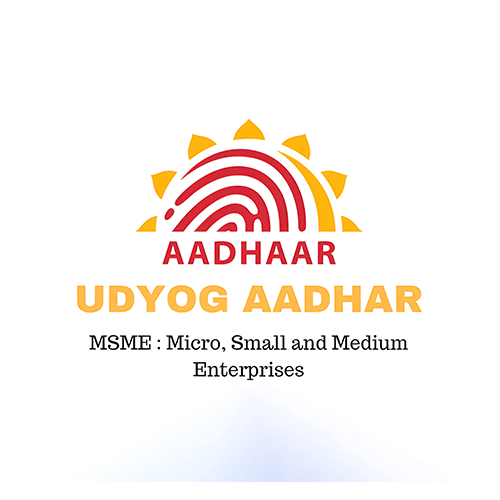
The government of India provides an MSME registration to the industries classified by the government as Micro, Small and Medium Enterprises (MSME) in India.
Startup India is a flagship initiative of the Government of India, intended to build a strong ecosystem that is conducive for the growth of startup businesses, to drive sustainable economic growth and generate large scale employment opportunities. The Government through this initiative aims to empower start-ups to grow through innovation and design.
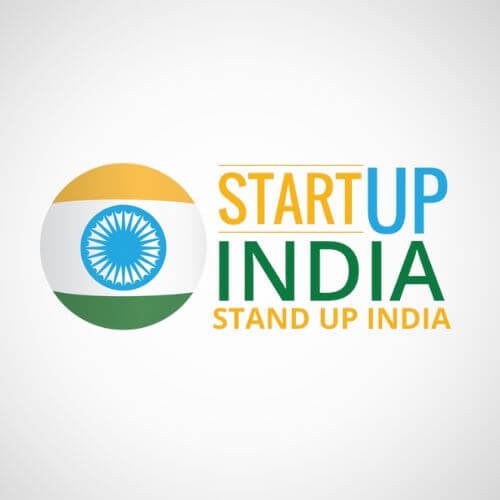






Disclaimer: We provide consultancy services in areas such as pitch deck preparation, financial reporting, business incorporation, certification assistance, funding support, and other professional services related to start-up consultation. We understand the evolving needs of today’s enterprises and strive to offer guidance tailored to their growth. However, we are solely a consultancy service provider and are not affiliated, associated, or in collaboration with any Government or Non-Government Agency, Institution, Organization, or Department.
Note: Payments for services are only accepted in the name of BharatEdge Services Private Limited, and the type of account is solely “Current Account” via NEFT/IMPS/RTGS and digital payment ( UPI), we do not accept payments on personal accounts or under any other name.
Copyright All Right Reserved ©2024 Developed & Managed By BharatEdge
